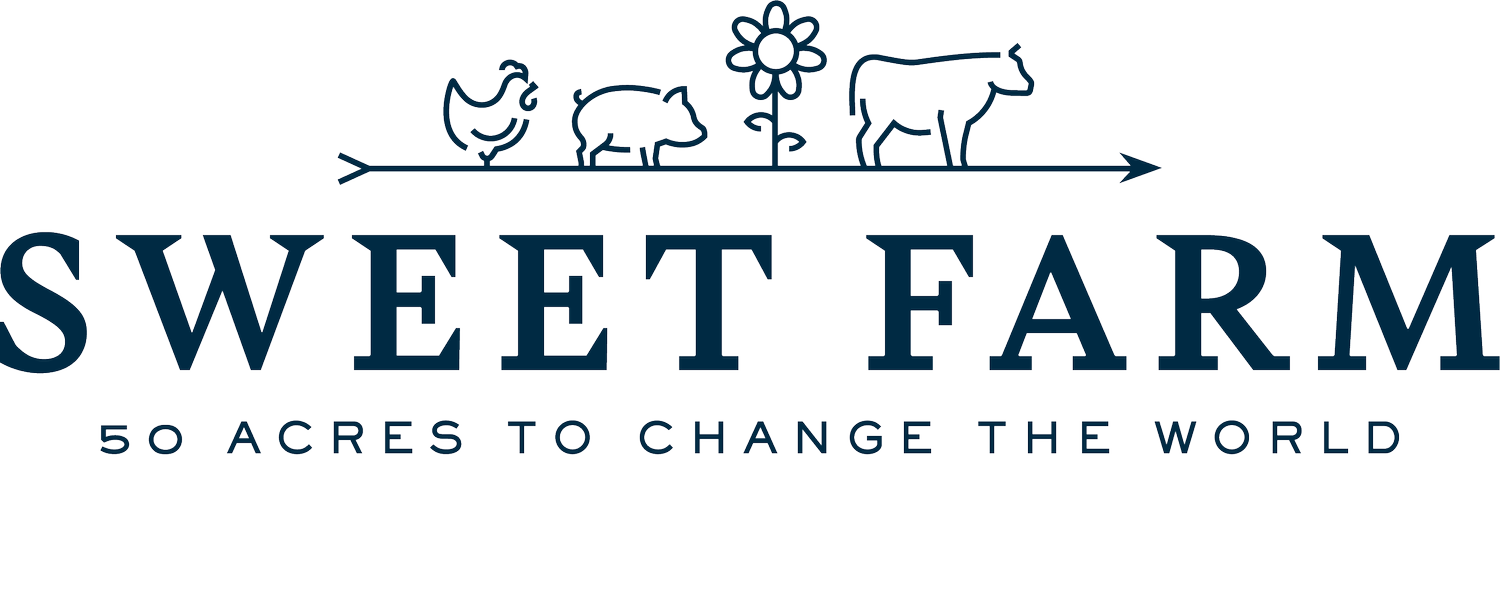Climate Tech Accelerator: InnerPlant
Sweet Farm was originally founded in 2016, beginning its life as a farm animal sanctuary. But it became clear almost immediately that our food and climate systems are so deeply intertwined that it was impossible to tell just one part of the story. Founded in the San Francisco Bay Area, Sweet Farm started getting outreach from incredible technology companies focused on highly scalable technologies that could positively impact the climate, that were looking for partners who were mission aligned and able to support them in their growth. As one of the few non-profits in the area with available farm land, an in-house technical team, and a focus on the climate, the Sweet Farm Technology Program was an obvious next step. Since 2017, we’ve supported companies with space for field trials, assistance in finding investment and strategic partnerships, and advisor services as their companies and technologies scale. Sweet Farm Climate Tech Partners have now raised over $600M in investment toward a climate positive future.
Introducing InnerPlant
One of our first partnerships was with Innerplant, a company on a mission to transform farming by enabling crops to communicate with growers. InnerPlant creates living plant sensors that detect disease within hours instead of weeks, empowering farmers to take early corrective actions to protect crops, the environment, and the people growing our food through the use of precision agriculture.
Prior to working with Sweet Farm, InnerPlant had only done small individual plant scale tests. To prove out their technology, they needed field trial space to prove their technology works in the intended environment. Their first-of-its-kind field trials at Sweet Farm, in conjunction with USDA oversight, proved out InnerPlant’s technology over two years, ahead of their first major fundraising push aimed at scaling up in 2021.
One of the biggest challenges for an early stage biotech company is trialing technology. Sweet Farm was the perfect partner. They professionally prepared a trial plot, were open to all the regulatory efforts needed to test biological solutions in the field, and did all of this at minimal cost and a collaborative attitude.” —Shelly Aranov, CEO of InnerPlant
Why This Technology Will Help The Climate
According to researchers at the University of Cambridge, “manure and synthetic fertilizers emit the equivalent of 2.6 gigatonnes of carbon per year – more than the global aviation and shipping industries combined. Carbon emissions from fertilizers urgently need to be reduced; however, this must be balanced against the need for global food security. Earlier research has estimated that 48% of the global population is fed with crops grown with synthetic fertilizers, and the world’s population is expected to grow by 20% by 2050”.
InnerPlant's Living Sensors signal their needs so farmers can quickly take corrective measures to protect the crop, reduce chemical use, and increase crop yields in a scalable, affordable, and more environmentally friendly way. Farmers face challenges in managing crop stress which requires them to apply chemicals in advance broadly because they’re unable to identify problems early enough to take action. By digitizing a plant’s stress with living sensors, InnerPlant’s sentinel plants can spotlight areas of concern allowing farmers to pick the right treatment at the right place and the right time to protect crops and increase yields. Data driven farming at the plant level will allow profitability and sustainability to finally coexist.
Already Launching At Scale
We’re excited to see InnerPlant already launching it’s first commercial partnership in collaboration with John Deere and Syngenta focused on soybeans! The first plants are expected to be in fields in 2024, with broader availability to farmers to follow. To learn more about InnerPlant and it’s transformative technology, we recommend this article in Forbes by InnerPlant’s own CEO highlighting the importance impacts of what’s to come.




